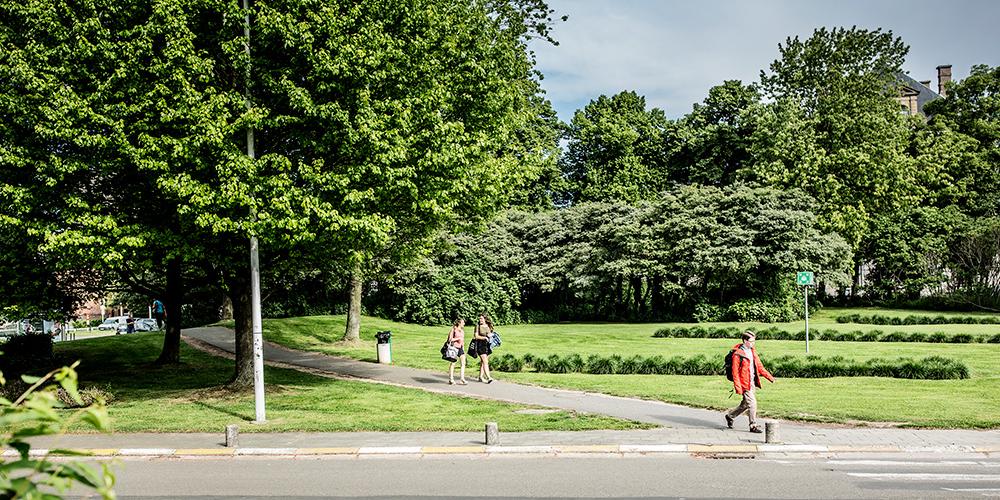
The Vrije Universiteit Brussel (VUB) is stepping up the way it tackles alcohol and drug use among students. Its new policy on substance use is intended to encourage the responsible use of alcohol, cannabis, other illicit drugs and psychoactive medication by ensuring students are aware of the risks. The policy complements Grenswijs (boundary-wise), the VUB policy that focuses on appropriate behaviour and preventing transgressive acts in student life.
A recent survey by the Flemish Alcohol and Drugs Expertise Centre (VAD) shows that cannabis remains the most commonly used drug among university students. One in four has used cannabis in the past year, and not just occasionally. The use of drugs appears to be growing in prevalence, and it is happening more overtly and in more dangerous circumstances. The issue is most pronounced in urban areas.
With its new substance policy, VUB is setting down the manner in which it deals with alcohol, cannabis, other illegal drugs and psychoactive medication. It also wants to encourage responsible use of these substances among students.
“As a caring university, VUB wants to create a safe environment for everyone who works and studies here,” says Nadine Engels, vice-rector for Education and Student Affairs. “Drug use has no place in a safe environment. There are always risks associated with substance use. In the long term, it can lead to addiction, and in the short term, there are both physical and mental risks, depending on the substance. In addition, it can have negative effects on those around you.”
The substance use policy should enable the university to meet the demand for support from the student community and provide a clear framework for prevention, as well as care and support in the event of dangerous behaviour.
Engels: “We are emphasising that drug use is not normal and will not be tolerated on our campuses and within the VUB community. We want to work preventively by drawing students’ attention to responsible substance use – from non-use to harm reduction – creating a safe environment that encourages healthy choices, making conversations about the topic easier for students and teaching them nuanced thinking about the issue.”
In doing so, the university aims to evolve into a community of caring, where everyone – from students to lecturers and student associations to welfare services – knows and plays their role. At the same time, the policy allows for clear agreements and punishment of drug use.
“Through preventive actions, such as the awareness campaign and local interventions, we want to inform students about the effects and risks of problematic substance use. Not only to prevent them from beginning or continuing to use, but also so they can recognise risky behaviour in their fellow students, talk to them about it and take care of each other,” says Engels.
For students for whom preventive action is not sufficient, VUB provides accessible support and counselling services.
Grenswijs action point
With the rollout of the policy on substance use, the university is already realising one of its targets within Grenswijs for this academic year. That policy, introduced last year, is intended to promote appropriate behaviour and prevent transgressive actions by providing students with the tools to deal with sexuality safely. Other planned actions include workshops and information sessions on transgressive behaviour and consent, bystander training for student and visitor registration for VUB event facilities.